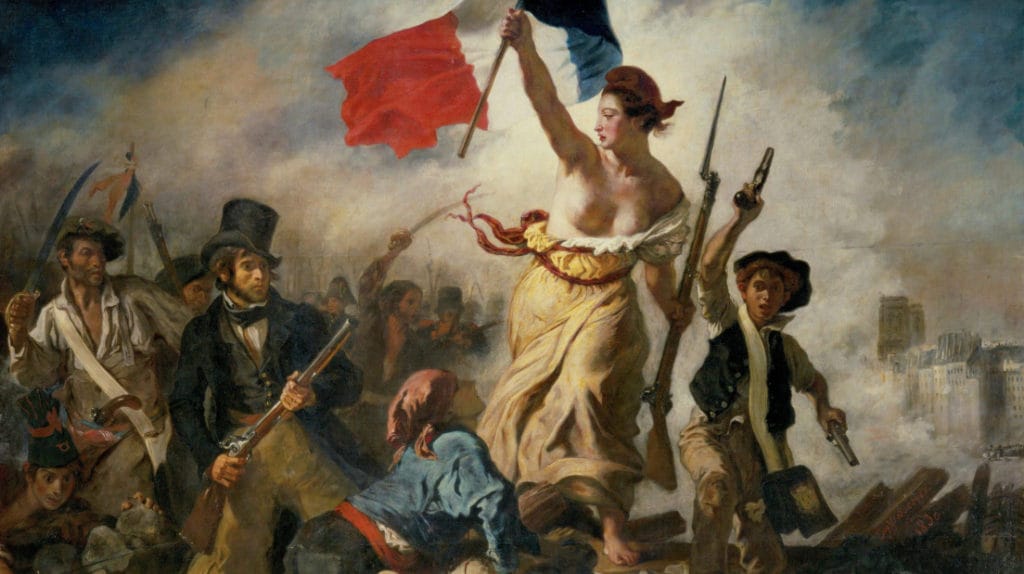Each language has its own grammar and terminology rules. For the most part, these rules are simply understood near-universally by speakers, but some languages have official organizations that decide which rules to follow. These groups monitor and regulate the evolution of language by spelling out the rules for correct usage. For instance, in Spanish, there’s the Real Academia Española, and in Parisian French, the Académie Française. In short, their rules are deemed “gospel,” the guiding light which everyone must follow.
However, English in the U.S. doesn’t have a language governing body and is moving along nicely. Standardization of language may be required from an educational, social, and political perspective, but language is dynamic. Its purpose is to help people communicate. Though Spanish words for “work” like “jalar,” “currar,” and “chambear,” are not acceptable terms per the standards of the Real Academia Española, they are used daily by millions of Spanish speakers.
Let’s also not forget that language is learned. Words don’t have meaning until we assign it to them. You can attach several meanings to the same word through different slang, tone, and context, and still have most people understand the intent behind its use. This shows that the value of language is derived from people–not words.
Then, maybe it’s best to keep language governing agencies policing language, while we allow humans to break the laws as they see fit. No ticket writing please.

